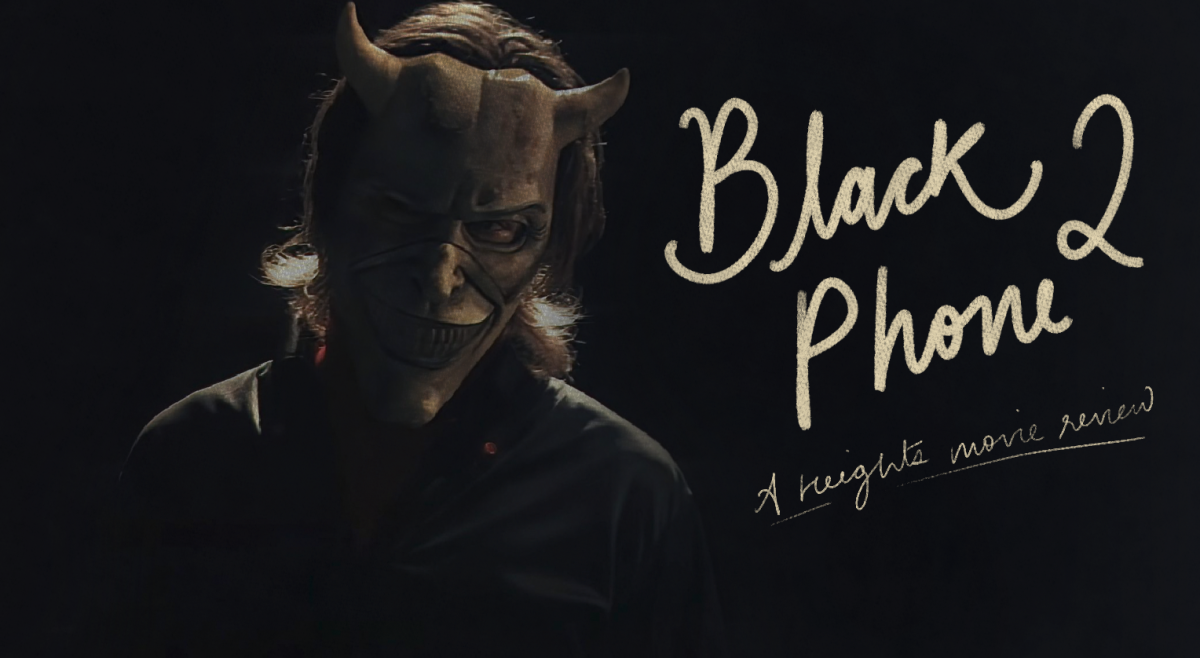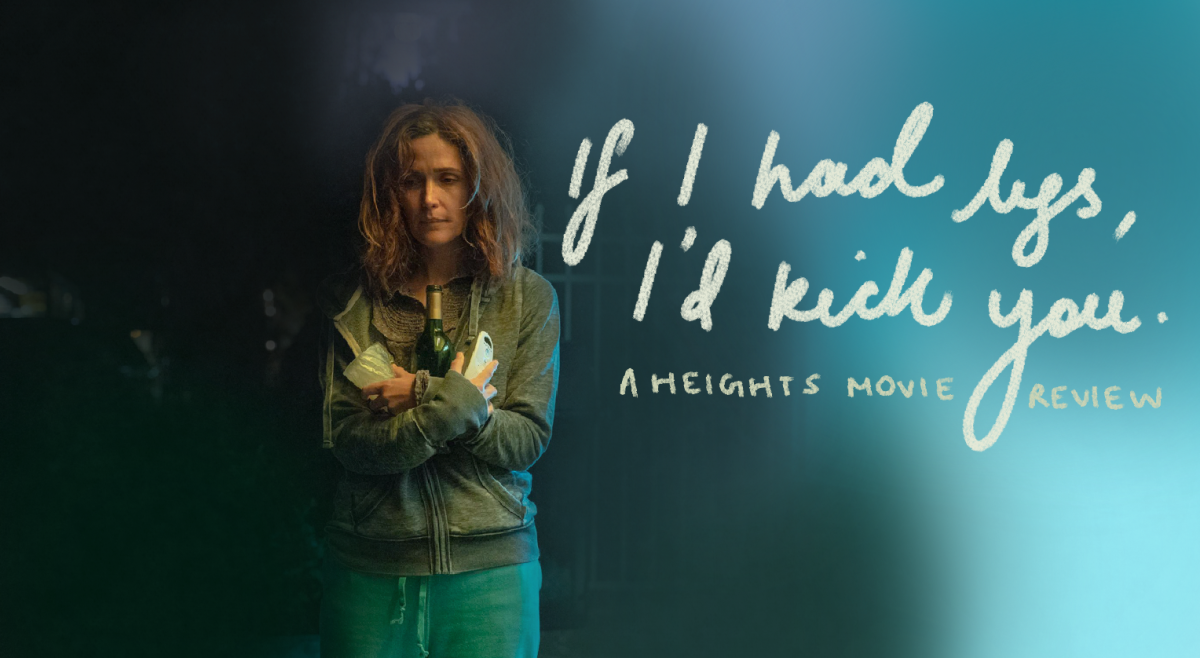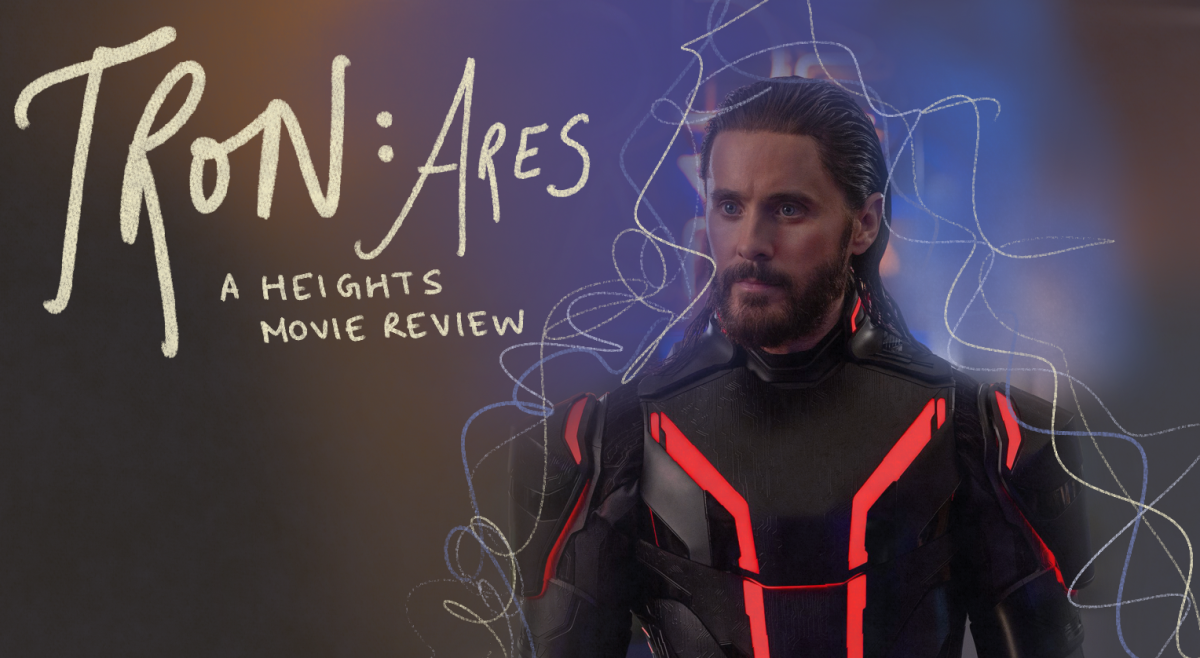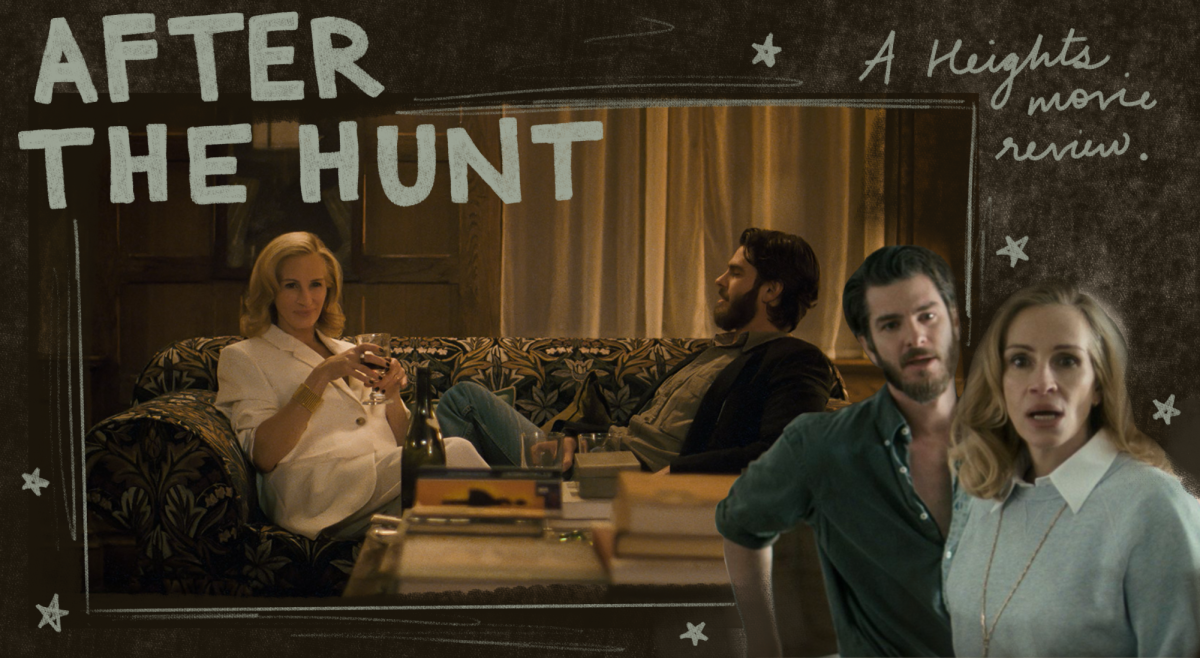
Grey is connoted with a variety of concepts—lifelessness, indifference, dead bodies, moody weather. Unfortunately, that vague and deliberately meddling color is now interwoven inextricably with the multimillion-dollar erotic thriller based upon a middle-aged mom’s Twilight fanfiction—Fifty Shades of Grey. The new and final installation in the trilogy, Fifty Shades Freed provides closure to the sadomasochistic relationship between a wealthy business magistrate Christian Grey (Jamie Dornan) and his sub-in-training Anastasia Steele (Dakota Johnson). Attacking the tenets of human relationships by commodifying romanticism, turning it into an object that can be monopolized and dominated, Fifty Shades Freed provides the most lackluster erotica known to civilization.
Having just been married, Anna faces a distressing debilitation of femininity that is rooted in her reluctance to conform to a domestic lifestyle. She does not want to give up her maiden name for Grey’s, does not want to manage the affairs of the kitchen and multiple secretaries. But as with everything social that occurs in this universe, the discrete powerplay that characterizes much of modern identity politics and social activism is stuffed into silence by Anna’s new spouse—a figure so obnoxiously full of his own pretensions, his own wealth and callous studness, that one is forced to wonder if he is even a real person.
But in a sense, neither is Anna. Both are figments of a vapid upper-class culture bordering on the extinction of anything romantic or appealing. Whereas Christian feigns a tortured complexity, Anna plays the part of a vapid secretary easily seduced by cable-veined men. Both are self-absorbed on a level that is literally repulsing. So in a way, they make the perfect couple—resolving any emotional conflict through gaudy displays of wealth, stringing together the impersonal fragments of their marriage through raunchy sex acts overlain with Billboard Hot 100 singles (in one particular instance, they bone in a car passenger seat—though one wonders if it is Mr. Grey’s impeccable pecs that gets Anna’s engines revving, or perhaps the leather interior of the Porsche he just bought for her).
This ridiculous fetishization of material luxury—a catalogue of private jumbo jets, villas in exotic locations, high-rise apartments, and a staff of personal caterers—reflects not only the profound emptiness of the Greys and their associates, but the pleasure that inevitably arises through subjugation. The takeaway is simple: Being dominated by wealth is sexy. Wealth suspends those political attitudes which would otherwise lead some to leap on Christian’s character for being misogynistic, out of sync with contemporary standards of conduct. Whether he is vocalizing his fear of other men taking interest in her, or expressing his anger when she talks to other men for business matters, Christian sociopathically attempts to control every minute aspect of Anna’s life. His paranoia reaches ludicrous and fantastical proportions when he hires multiple security guards to watch her every movement. But this omnipotent surveillance extends its tendrils into every other facet of the Fifty Shades universe. Bankers, interior decorators, upper-class gentry stylized as down-to-earth partygoers—all are controlled by wealth, bound to a sexual frivolity that’s been completely normalized. It makes the aristocratic class of Marquis de Sade’s erotica seem virtuous for its mere capacity to delight in its evils.
But the biggest offender is no doubt the downright convoluted and nonsensical subplot involving Anna’s ex-boss and perpetual stalker, Jack Hyde (Eric Johnson), whose angst is dramatized to the point of parody. His story emerges jarringly at forced and inopportune moments, as if to remind the audience that the film indeed has a narrative. Red-eyed and sleep deprived, Hyde flexes his money-muscles to buy his way through legal systems, pulling guns and knives on the woman whose control would supposedly signify his power. It is painfully congruous to Christian’s own raison-de-etre, except the rape-aspect is simply turned up a few notches. What are we to learn here, from Hyde and Christian sharing an impoverished background? Circumstance determines nothing—we’re either born with an innate tendency to acquire wealth or not to? If anything, the moral is that power transcends mere money: Power’s the capacity to reserve one’s feelings, to make a farce of the sadomasochistic tendencies to which our protagonists are no doubt susceptible.
Fifty Shades’ absolutely hollow depiction of human relationships is no more evident than in the cast’s inert and tactless acting, wherein not a single psychological detail isn’t played for farce or style. Even the sex-scenes are cruelly conducted: Johnson and Dornan are like thickly glossed slabs of meat rubbing against each other.
Going back to the significance of the color grey in this series, one can only infer that it embodies the steely and austere impersonality of money, business suits and corporations, everything which we find “attractive” despite the impersonal and morbid aesthetic. If anything, sex is just another tool for acquiring a chauvinistic, warrior-bred sense of recognition that runs against the wall of dull and insipid contemporary existence—wherein kinky sex is the last frontier of boundary-pushing excitement. Yet Fifty Shades Freed repeatedly commends this attitude. In fact, it attempts to make it honorable for the audience either laughing or lapping up its sickeningly-thin contents. In this way, the film commits an artistic atrocity graver than any Adam Sandler flick or Emoji Movie. Not only does it fail to entertain, but it undermines the legitimacy of moviemaking, of art in general. Like an Ayn Rand erotica supplanting The Fountainhead for a phallus, Fifty Shades Freed traps the viewer in a cacophony of toxic smugness without a single redeeming character or quality.
Featured Image by Universal Pictures













